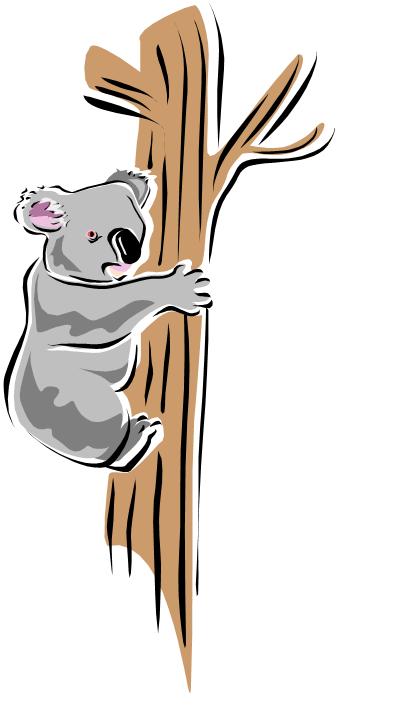The Mating Ritual – Job Dating (Simple Rules For Interviewers and Interviewees)
In the jungle, the mating ritual is simple. It’s an animal’s most basic survival instinct: to mate, procreate, and continue its species.
For much of the human species, mating starts with dating.
In the workplace, the mating ritual is translated into succession planning, and dating starts with the interview.
Just like dating, interviewing has a few “rules” that both the interviewer and the interviewee should adhere to for best success in the relationship. Etiquette applies for all parties, so take heed of these ideas to be a good interviewer/interviewee.
FOR COMPANIES – The interviewer
The new economy does not mean you should wait weeks to call people back! Just as in dating, the three day rule applies. If you want a candidate to remain interested in working for you, whether they are unemployed or not, you should give them feedback and/or second interviews within 72 hours of their first interview. In the past few months companies have been dragging out the interview process for weeks and many of the people they started with a month or two ago have moved on…they are already dating someone else seriously and your inability to move your process along often means they don’t want to see you again.
Think long and hard about how many people should be involved in the interview process. You need time before introducing your new love interest to all your friends. Adding even a single person to the interview process empowers them to give you their opinions, which will encourage them to offer their opinions when you may not want them, thus adding to the length of time. Keep the process tight, and only involve those people who are in direct reporting line and decision makers who are in good standing with the company. One disgruntled person in the mix can ruin the recruiting process.
If you were dating someone, you wouldn’t call all of the person’s former boyfriends and girlfriends for their opinions as they have already broken up and moved on. Similarly, you shouldn’t check references “off list”. Many people are searching confidentially and by asking questions of people they currently work with you breach that professional courtesy making you and your company less trustworthy in the marketplace. Besides, let’s face it, work is work and we often have professional disagreements with people in the workplace. Reference checks should be limited to the former supervisors, peers, and subordinates the candidate has provided to you as their references. These are people with whom they have developed working relationships and the former co-worker you may know from church, LinkedIn, or other civic groups may not be able to speak to the true skills and abilities of the person interviewing. Besides, who’s to say they weren’t in the race for the same promotion in the past or something, even worse, what if they dated outside the office in the past? Many people look for open avenues to gossip about others so don’t fall victim to some people’s need to focus on negatives when we can all find something positive about everyone when push comes to shove.
FOR CANDIDATES – The interviewee
Many companies do phone interviews first, something they are placing increasing emphasis on as in many cases they save time and money. Answer your phone professionally and in a positive manner at all times. If you are busy and can’t speak, DON’T ANSWER THE PHONE. You only get one chance to make a first impression and if you don’t impress someone on the first call, you’re unlikely to get a call back. You need to be equally prepared for these interviews as if you were sitting in front of the CEO of the company him- or herself.
Express interest and enthusiasm, even if the topic may not be at the top of your list. Just as when you’re out on a first date and the conversation veers to something more mundane, you maintain interest if you’re attracted to the person physically. If you’re attracted to a company financially, you should be astute in all conversations with any parties involved.
Don’t expect a proposal on the second, or even third date. A recent article in the NY Times reiterated what we are seeing in the market, longer, more complex interview processes leading to protracted job searches. Don’t get discouraged! Just make sure you have that fabulous interview outfit for the next meeting ready to go.
Always send a thank you note! Common courtesy goes a long way.
For more job search tips, please visit http://www.carolynthompson.net/webinars.htm where you can find resources on interviewing, resume writing, and making a great first impression!
Carolyn Thompson
Author of TEN EASY STEPS TO A PERFECT RESUME…available on Amazon.com!
and TEN STEPS TO FINDING THE PERFECT JOB…available on Amazon.com!








